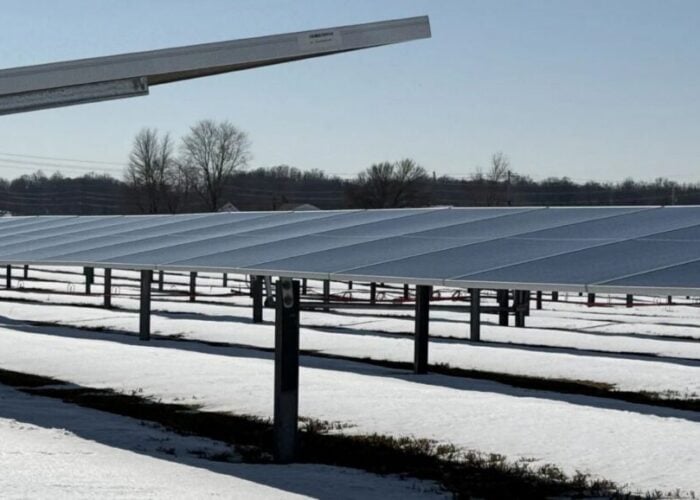The European Commission is facing severe criticism after it gave state aid approval for £17 billion (US$27.3 million) worth of nuclear energy subsidies.
The UK government has agreed a 35-year, inflation-linked price guarantee of £92.50 (US$148.8) per MWh, with the option to increase this 15 and 25 years in.
Try Premium for just $1
- Full premium access for the first month at only $1
- Converts to an annual rate after 30 days unless cancelled
- Cancel anytime during the trial period
Premium Benefits
- Expert industry analysis and interviews
- Digital access to PV Tech Power journal
- Exclusive event discounts
Or get the full Premium subscription right away
Or continue reading this article for free
Commission vice president Joaquín Almunia, in charge of competition policy, said: “After the commission's intervention, the UK measures in favour of Hinkley Point nuclear power station have been significantly modified, limiting any distortions of competition in the Single Market. These modifications will also achieve significant savings for UK taxpayers. On this basis and after a thorough investigation, the commission can now conclude that the support is compatible with EU state aid rules.”
Meanwhile, the government, on the EU’s direction, has been developing a competitive framework for renewables to bid for support in order to acquire the best value for tax payers, prompting claims of unfair support for nuclear energy.
“How can the European Commission ask renewables to integrate in the energy market, while at the same time validating another subsidy to nuclear?” said James Watson, CEO of European Photovoltaic Industry Association (EPIA). “EPIA previously raised concerns about the State Aid rules as they force renewables to integrate into a market that is not yet designed for them. We need new energy market rules that allow for a cost-effective energy transition, not £17 billion subsidies for nuclear power,” he added.
“In order to drive public and private investments, and deliver an energy transition that a vast majority of European citizens want, renewables need fair access to the market. That includes policymakers adopting a balanced attitude towards different energy technologies. [The decision] simply constitutes a step in the opposite direction,” said Watson.
Greenpeace called the deal “a world record sell-out to the nuclear industry”.
“It’s such a distortion of competition rules that the commission has left itself exposed to legal challenges,” said Andrea Carta, legal advisor for Greenpeace. “There is absolutely no legal, moral or environmental justification in turning taxes into guaranteed profits for a nuclear power company whose only legacy will be a pile of radioactive waste. This is a bad plan for everyone except EDF.”
Austria is expected to challenge the decision in the European Court of Justice.
The UK’s new contracts for difference (CfD) support scheme, which sees different renewable technologies compete for the same budget, has been praised by the EU for promoting competition and good value for consumers.






